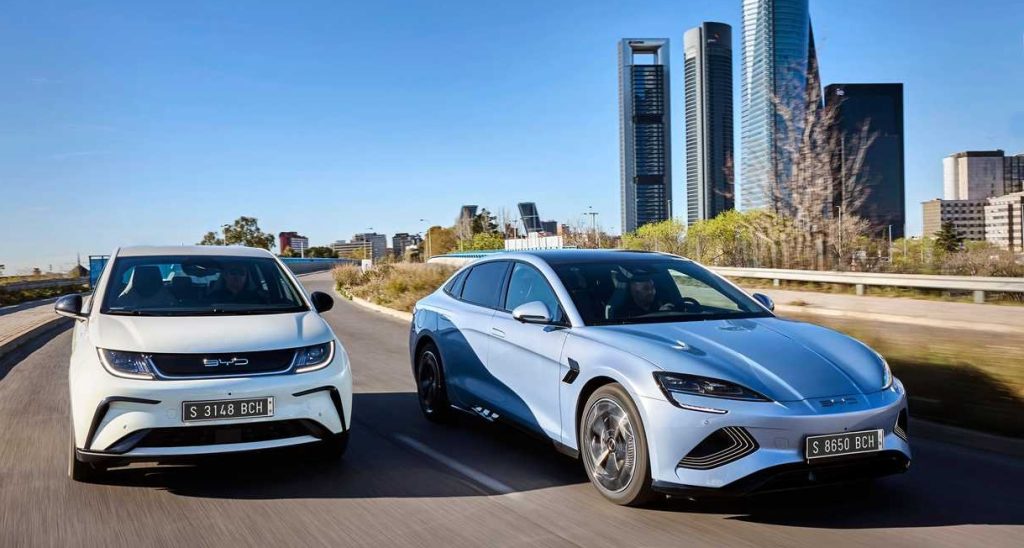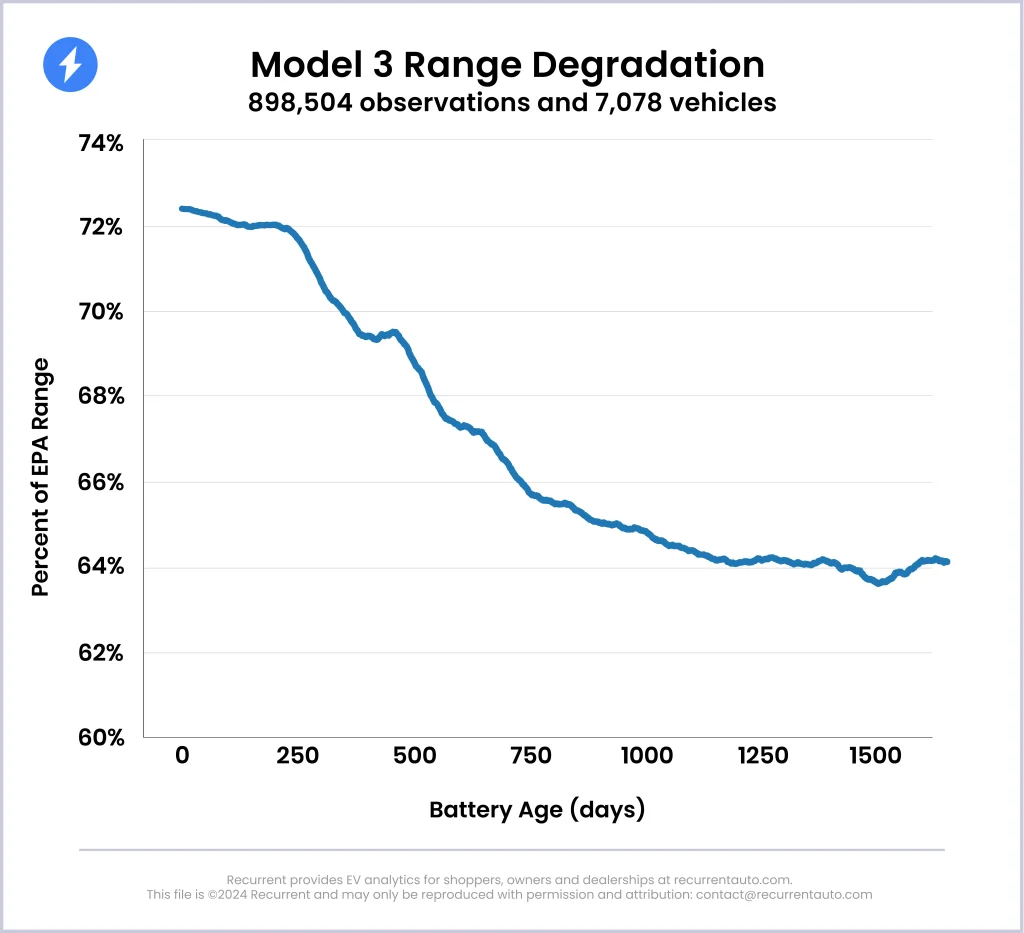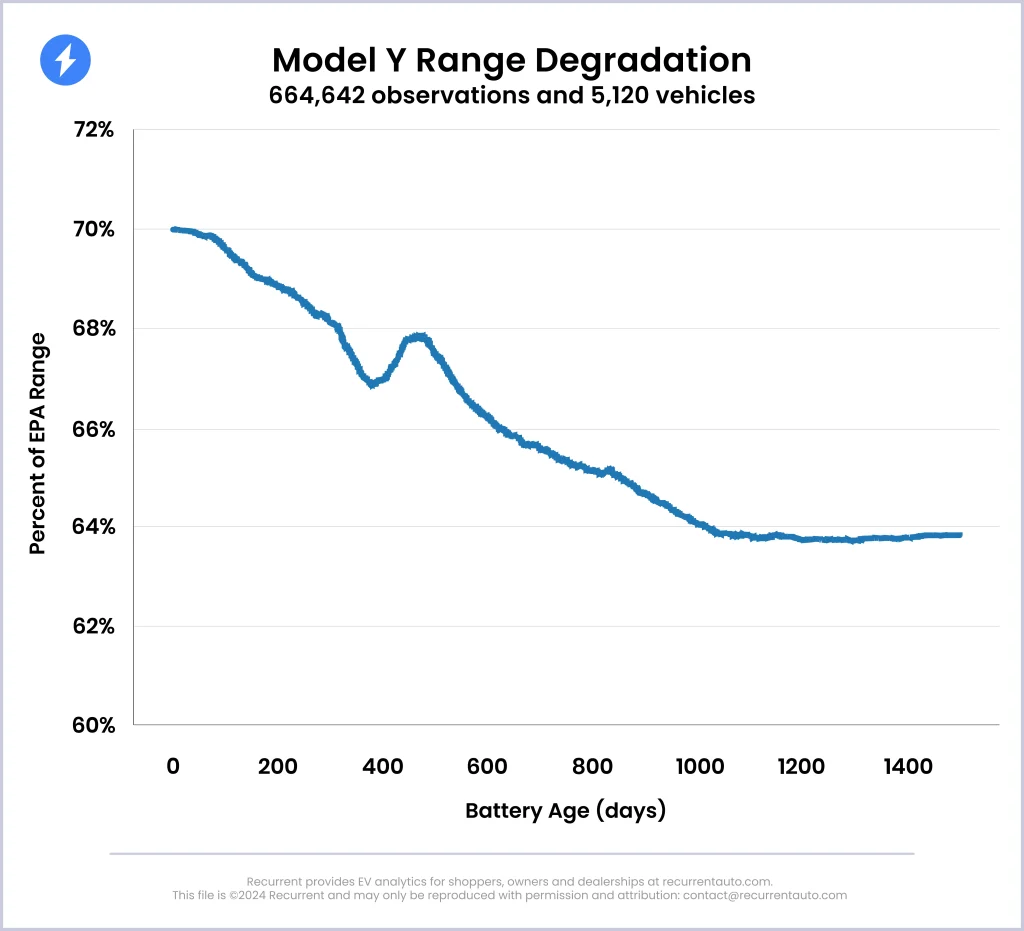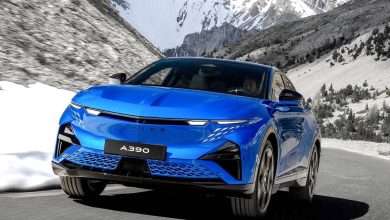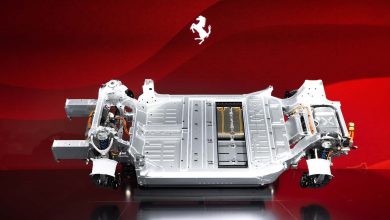Why It Might Be Alright To Buy A Used EV Today After All
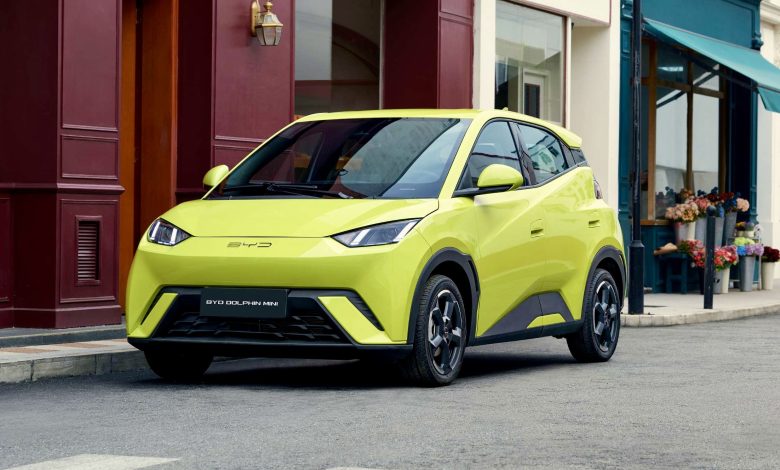
Recent research showed that less than 1% of EV battery packs from cars 2016 and newer have been replaced.
When it comes to considering a used EV, one of the biggest concerns most will have is likely to be regarding the state of its drive batteries. This component is after all the life blood of these types of cars, with it also more pertinently being a rather expensive bit of kit to replace if (or when) it does go kaput.
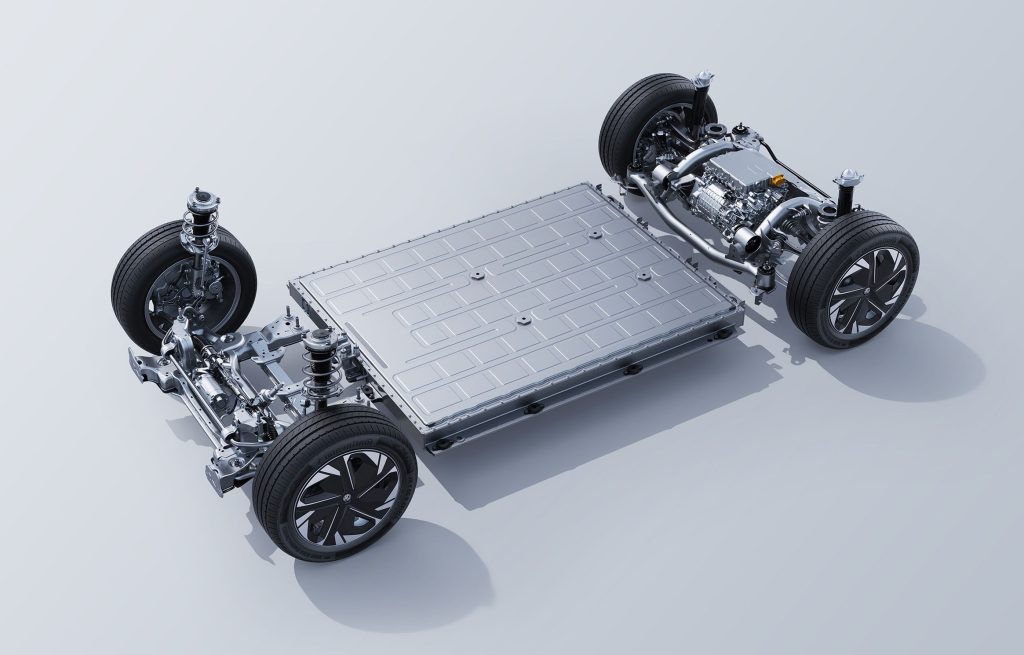
A dying battery in a used EV essentially renders the car practically useless in its primary function of personal transportation, while the cost concerns regarding the replacement of these drive batteries are to be further amplified too by the various anecdotes of hybrid high voltage cells expensively failing on the first crop of hybrid luxury cars that landed in Malaysia. Those who have heard of the many scare stories of battery replacement costs totalling the tens of thousands are to reasonably be wary of the potential of a similarly painful bill that might be to come with used EV ownership.
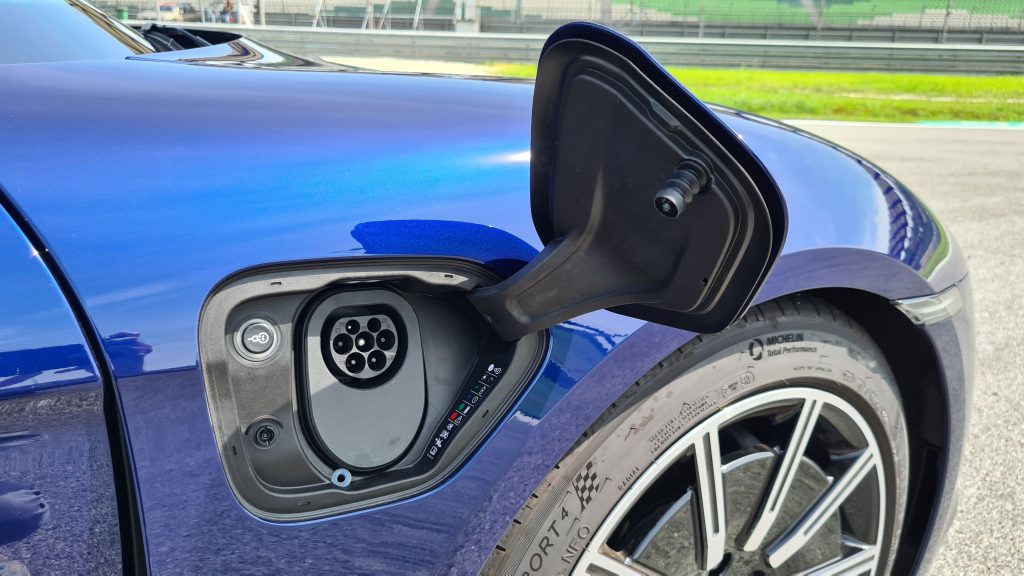
Interestingly enough however, a recent study conducted by American EV marketplace Recurrent does nevertheless show that there is evidence to suggest drive battery replacements may actually be a rare occurrence than the scare stories floating around might suggest. In fact, its data actually shows for less than 1% of battery packs in from EVs 2016 and newer had required a replacement.
What more is that the study does point to most within this 1% of replacements to come early into an EV’s life, with it mostly due to a manufacturing issue and hence being covered by the vehicle’s warranty. This study also further highlights that drive batteries seemingly ‘have much longer lifespans than anyone imagined, since very few of them have been replaced’ even after the typical 8-year/160,000 km warranty periods.
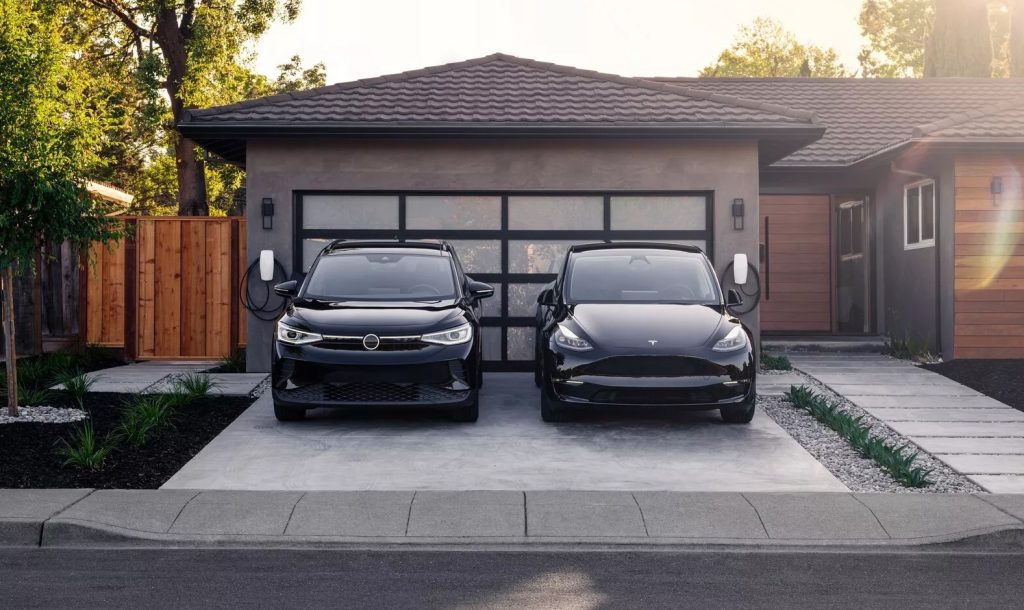
Now delving deeper into the provided data, this study does shows for older EVs to have a higher rate of battery replacement than its newer counterparts. The data indicates that 13% of EVs older than 2015 in its sample have had their batteries replaced at some point, relative to the 1% for EVs from 2016 and newer.
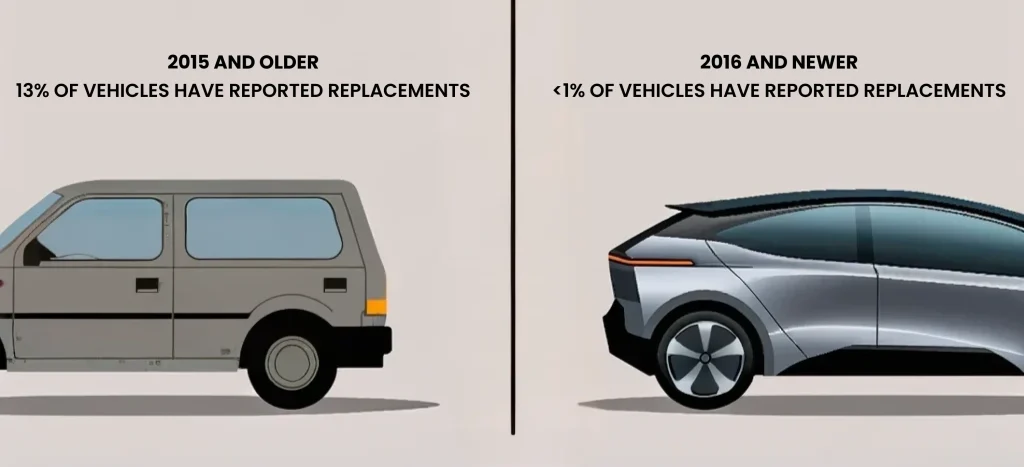
It is nevertheless worth bearing in mind here that this higher rate of replacement has been attributed to these batteries being from the pioneering first-generation of mass market EVs, where the kinks were still in the process of being worked out. A hypothesis that is further backed up by the general decreasing trend of non-recall-related EV battery replacements every successive year.
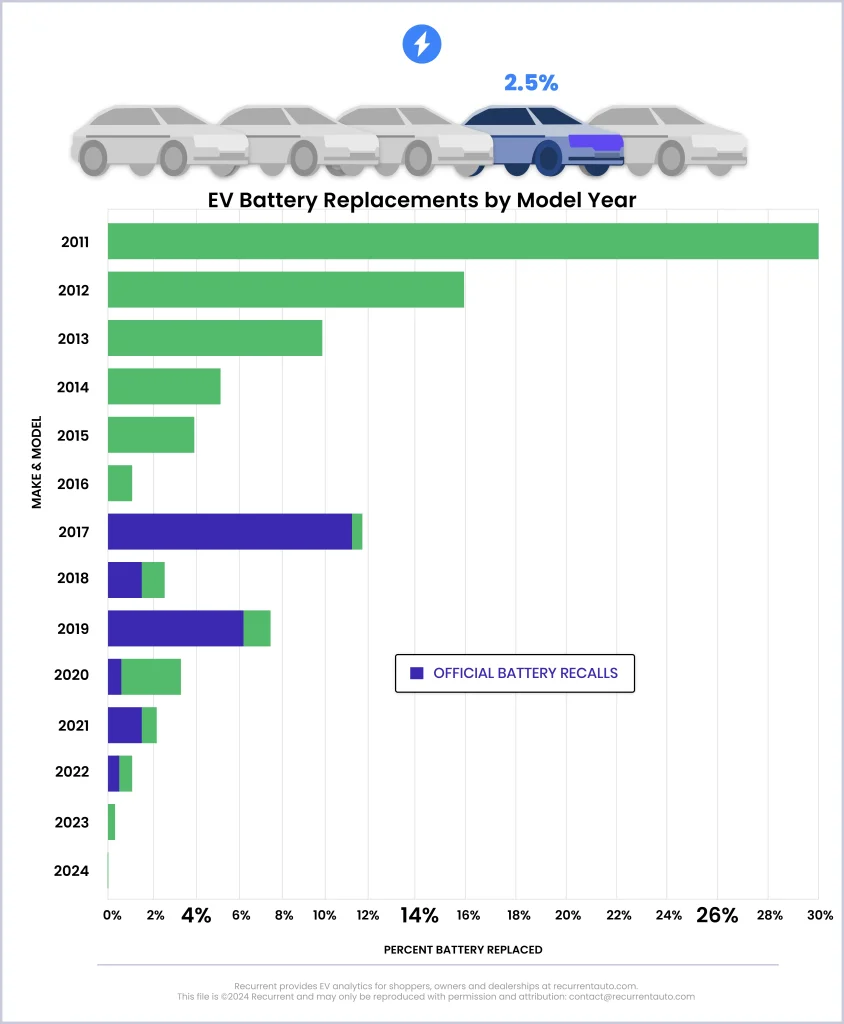
And while its data expectedly also shows that the real world range of EVs does indeed drop over time, the overall decrease was only to be some marginal 6% to 8% on its sample pool of Tesla Model Ys and 3s respectively over 4+ years of use. It is further observed too for this drop actually eventually plateau to a steady state around the 3rd year mark, which is consistent with the general battery degradation curve for lithium-ion cells.
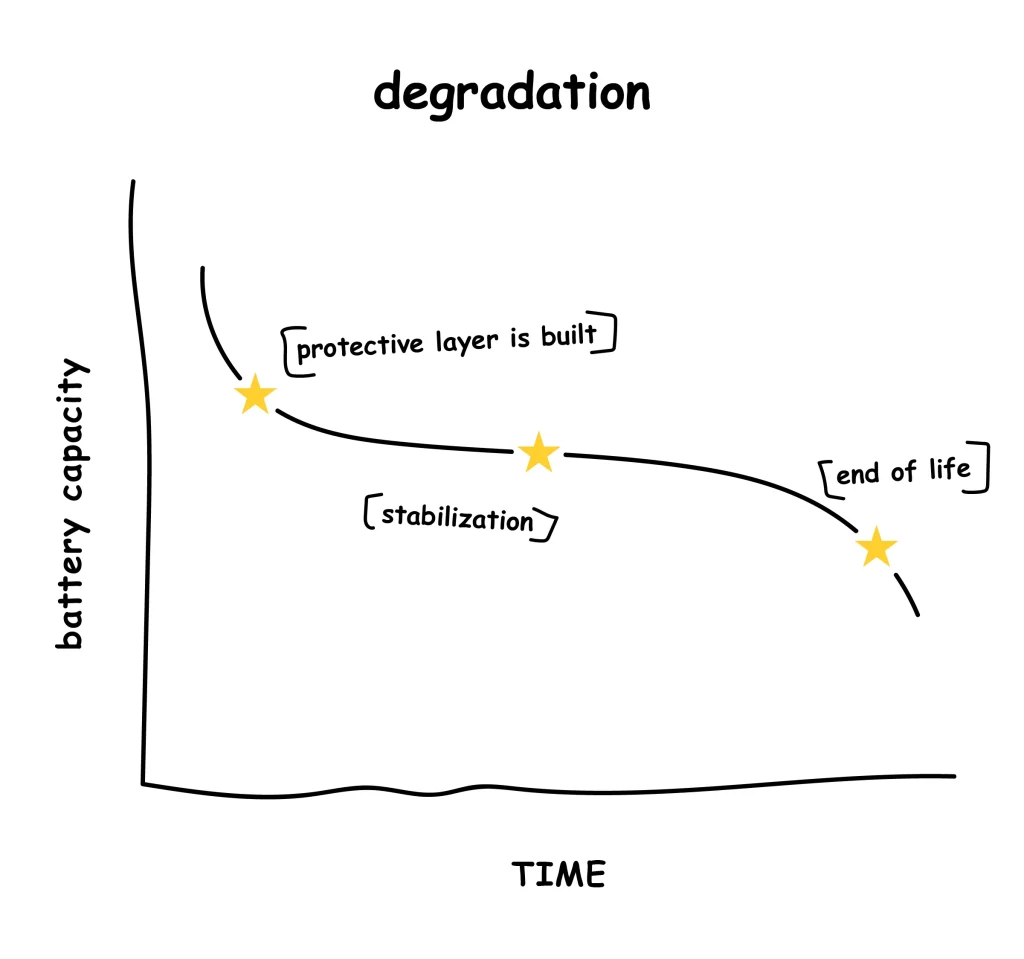
One final interesting point on the topic of battery degradation too raised in this study is that between 2022 and 2015, average battery sizes in EVs increased by a staggering 122%. This in turn sees that newer EVs can stand to lose more capacity with their drive batteries, before they need replacement from use.
So are used EVs worth taking a punt on in Malaysia? Well, at least on the battery front and according to this study, probably yes(?) What is perhaps the bigger issue now with these used EVs over here though is how exactly will its resale values be affected the ongoing price war and the incoming re-introduction of its road tax, which will likely reset the cost calculus in comparison to its petrol-powered counterparts in this fuel-subsidised nation…
